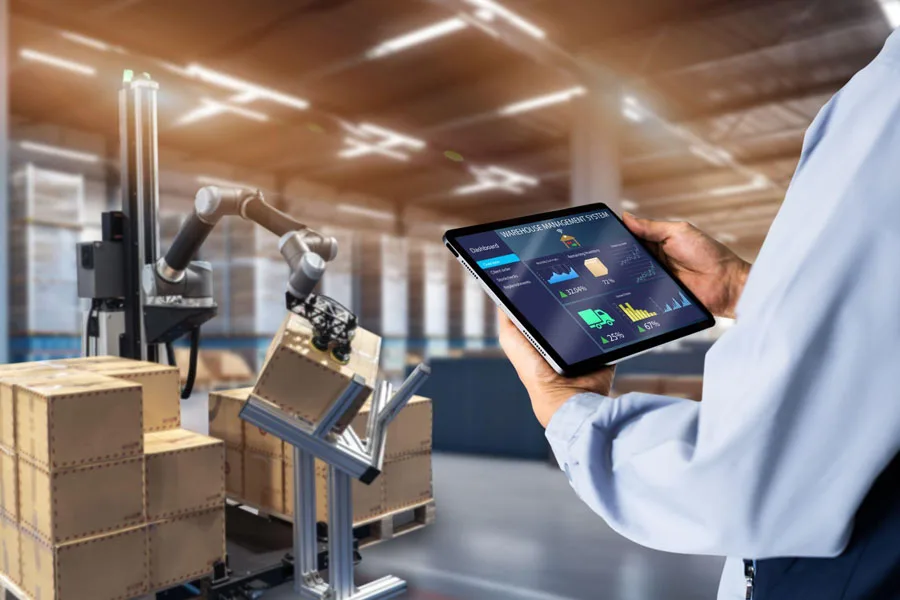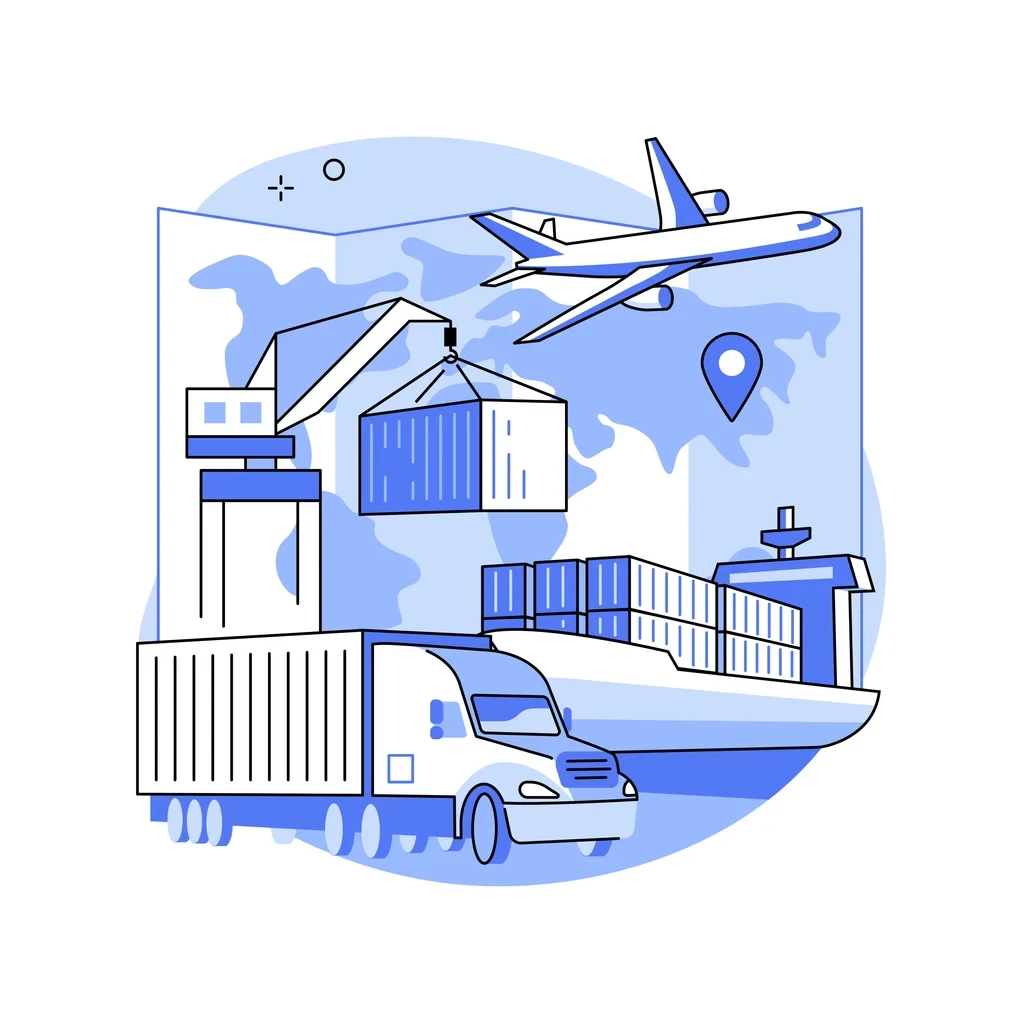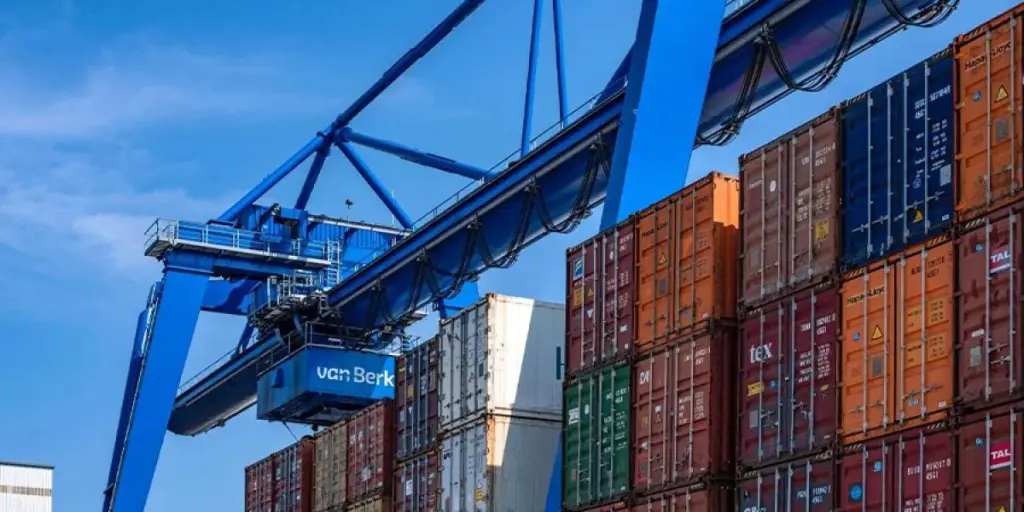Table of Contents
● Introduction
● Embracing technology for real-time insights and efficiency
● Fostering open communication and collaboration
● Integrating your 3PL as an extension of your brand
● Conclusion
Introduction
In the quest to deliver exceptional customer experiences and stay ahead of the competition, many brands have discovered the power of partnering with third-party logistics (3PL) providers. These strategic alliances offer the potential to streamline operations, expand reach, and unlock new levels of efficiency. However, merely signing a contract with a 3PL is not a guaranteed path to success. To truly maximize the benefits of this partnership, brands must adopt a proactive and collaborative approach that fosters seamless integration, open communication, and a shared vision for growth.
In this article, we’ll explore three essential strategies that can help you cultivate a thriving 3PL partnership, ensuring efficient operations, real-time visibility, and an enhanced customer experience.
Embracing technology for real-time insights and efficiency
Technology has emerged as a powerful enabler of efficiency, transparency, and agility. By partnering with tech-forward 3PLs, brands can tap into a wealth of cutting-edge tools and systems that provide real-time visibility, streamline operations, and drive continuous improvement.
At the heart of this technological ecosystem lie three critical components: Order Management Systems (OMS), Warehouse Management Systems (WMS), and Transportation Management Systems (TMS). These integrated platforms work in harmony to provide brands with a comprehensive view of their supply chain, from the moment an order is placed until it reaches the customer’s doorstep.
By leveraging these systems, brands can monitor inventory levels, track shipments, optimize routes, and proactively address any issues that may arise. Moreover, forward-thinking 3PLs are increasingly investing in automation, robotics, and artificial intelligence (AI) to further enhance their capabilities. These advanced technologies offer a range of benefits, from boosting productivity and accuracy in warehouse operations to reducing costs and improving safety. By embracing these innovations, brands can position themselves at the forefront of the industry, ready to adapt to changing market demands and customer expectations.

Fostering open communication and collaboration
At the core of any successful 3PL partnership lies a foundation of open, transparent, and consistent communication. This dialogue should begin from the very first interaction during the evaluation and proposal phases, setting the stage for a relationship built on trust, mutual understanding, and shared goals. As the partnership progresses, it’s essential to maintain regular and open lines of communication. This involves sharing vital information such as forecasting data, sales projections, and inventory levels, enabling both parties to make informed decisions and proactively address potential challenges.
By establishing a cadence of regular check-ins, whether through virtual meetings, phone calls, or in-person visits, brands and their 3PL partners can foster a sense of collaboration and alignment. Furthermore, conducting periodic warehouse site visits can provide invaluable insights into the day-to-day operations of the 3PL. These visits offer an opportunity to observe processes firsthand, identify areas for improvement, and strengthen the personal connections between team members. By investing time in these face-to-face interactions, brands can demonstrate their commitment to the partnership and gain a deeper understanding of the 3PL’s capabilities and challenges.
Ultimately, the key to effective communication and collaboration lies in the willingness of both parties to be transparent, proactive, and receptive to feedback. By fostering an environment of open dialogue and continuous improvement, brands and their 3PL partners can navigate the complexities of the supply chain with greater ease, agility, and success.

Integrating your 3PL as an extension of your brand
In the pursuit of a truly seamless and successful partnership, it’s essential for brands to view their 3PL not merely as a transactional service provider, but as an integral extension of their own organization. This shift in perspective lays the foundation for a more strategic, collaborative, and mutually beneficial relationship.
One of the key aspects of this integration is the proactive communication of variances and changes in the supply chain. Whether it’s the introduction of new product lines, anticipated spikes in demand, or shifts in customer preferences, keeping your 3PL partner informed and involved in these decisions allows them to adapt their operations accordingly. By aligning your strategies and working together to develop contingency plans, you can minimize disruptions and ensure a more responsive, resilient supply chain.
Another crucial element of successful integration is the alignment of customer support programs. In today’s customer-centric landscape, brands must ensure that their 3PL partner is equipped to handle inquiries, resolve issues, and deliver the same level of service that customers expect from the brand itself. By working together to establish clear protocols, train staff, and share best practices, brands and their 3PLs can create a seamless customer experience that reinforces brand loyalty and trust.
Finally, designating a dedicated point of contact within both organizations can greatly facilitate the integration process. This individual serves as a bridge between the brand and the 3PL, fostering regular communication, monitoring key performance indicators (KPIs), and addressing any challenges or opportunities that arise. By investing in this relationship and empowering your point of contact to make decisions and drive improvements, you can create a more agile, responsive, and customer-focused supply chain.

Conclusion
Cultivating a thriving 3PL partnership requires a strategic, collaborative approach that extends beyond mere transactional relationships. By embracing technology, fostering open communication, and integrating your 3PL as an extension of your brand, you can unlock the full potential of this essential alliance. Through these strategies, brands can achieve more efficient operations, gain real-time visibility into their supply chain, and deliver an enhanced customer experience that sets them apart in an increasingly competitive marketplace. As the logistics landscape continues to evolve, those brands that prioritize the development of strong, adaptive, and mutually beneficial 3PL partnerships will be well-positioned to navigate challenges, seize opportunities, and achieve long-term success.

Looking for a logistics solution with competitive pricing, full visibility, and readily accessible customer support? Check out the Chovm.com Logistics Marketplace today.




